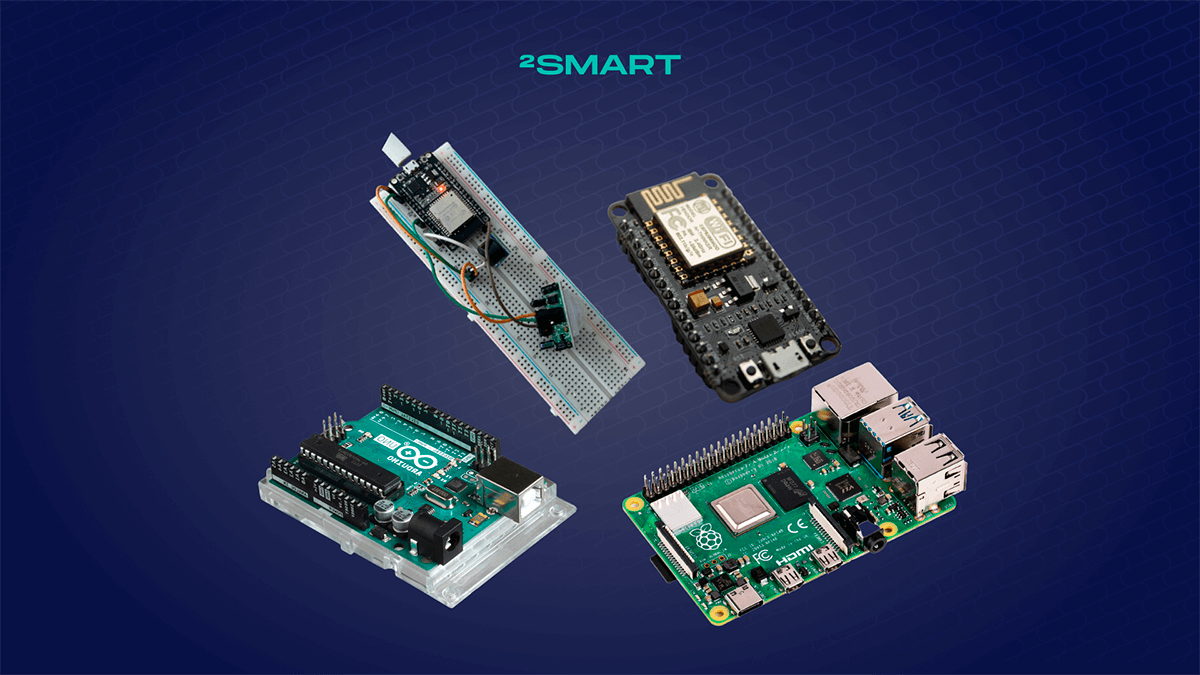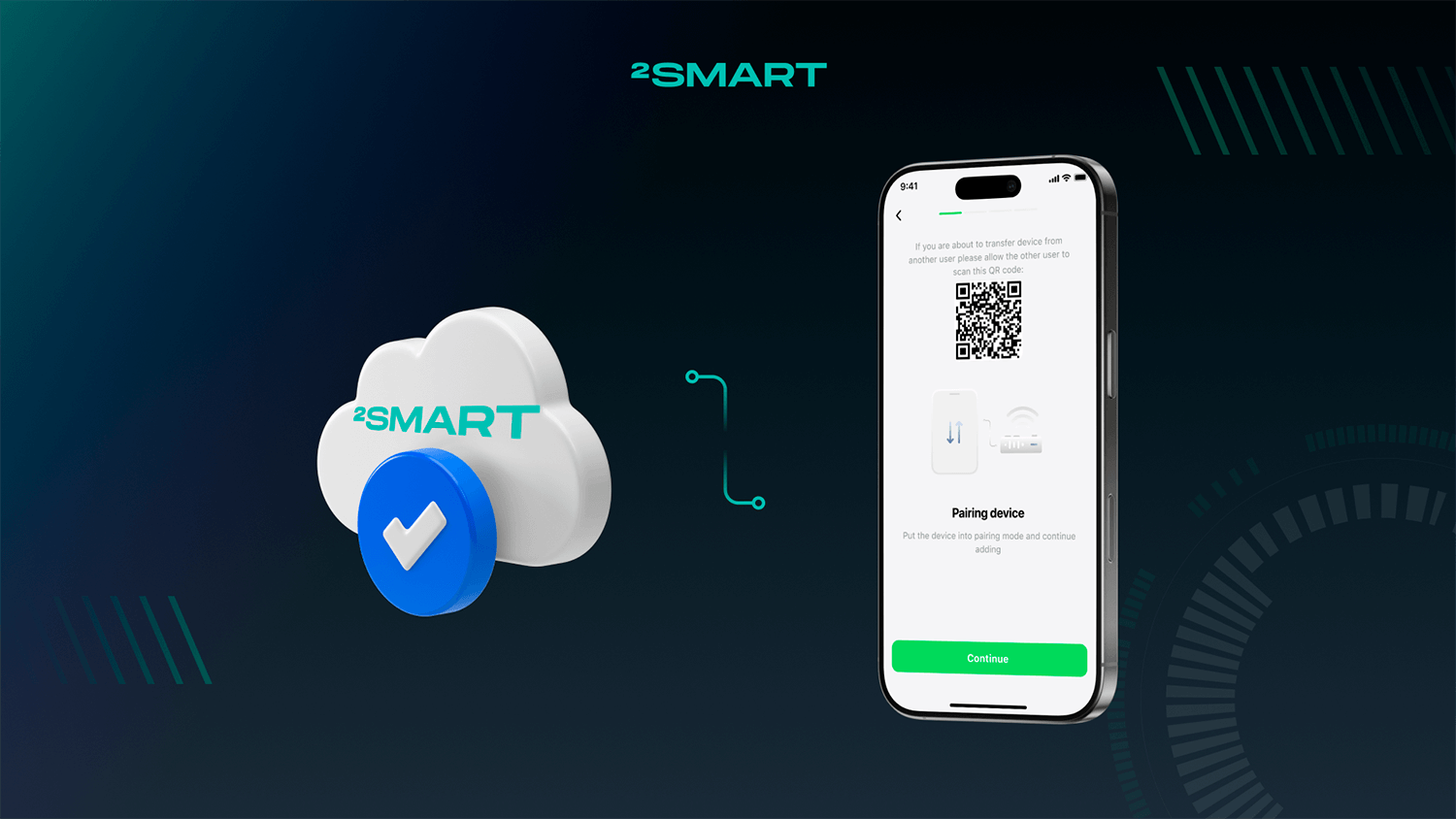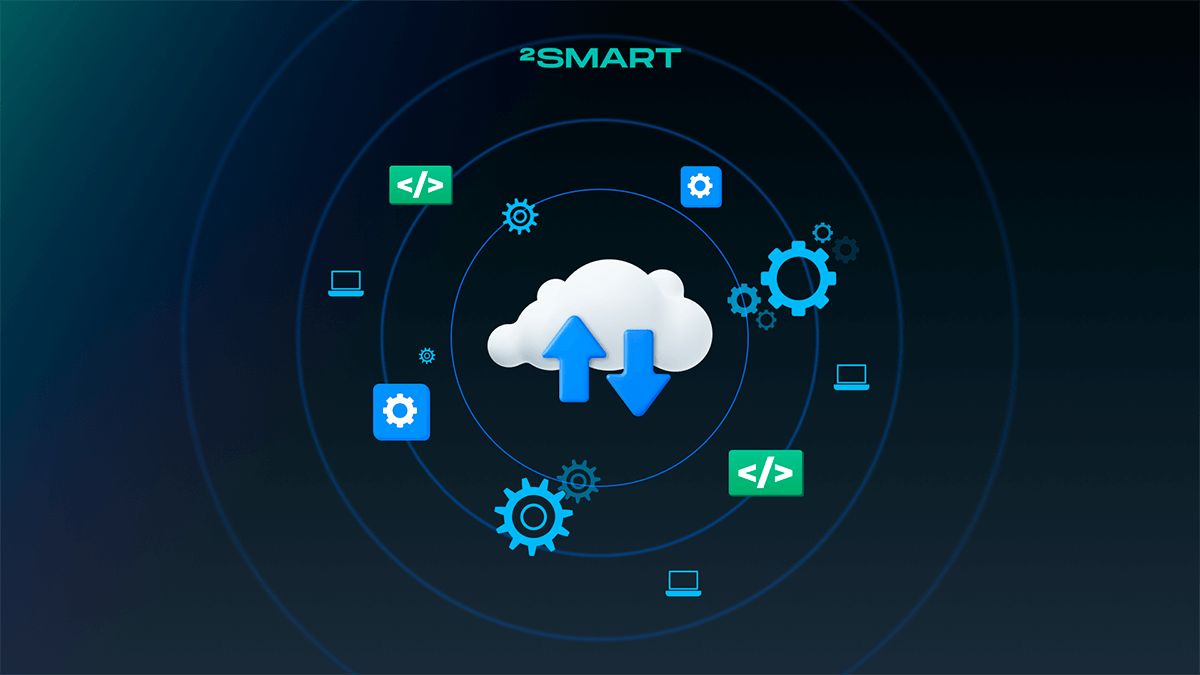Table of contents:
White label is a popular mobile app production model. It is not suitable for every business, but it is an ideal option for a quick start for many companies. Let’s examine the key pros and cons of white-labeling mobile apps and figure out whether this option suits your business.
What are the options for a business that needs a mobile app
If a mobile application is essential to your business’s customer interaction, your company has two options. The first is to create a custom mobile application on your own. The second is to use a white label application from a third-party developer.
A white label is a finished product that requires minimal modification. You only need to stick your label on a product created by another company. In the case of a mobile app, this means customizing your corporate colors, uploading your brand logo, and making other minimal tweaks.
Of course, mobile applications for different business areas are entirely different from each other. Therefore, creating a white label application for a specific industry is standard practice. It can be an application for gas stations, cleaning companies, fitness centers, etc. So, the 2Smart Cloud team offers a white label application to IoT device manufacturers.
Let’s pay attention to another fork. If you choose the white label app, you also have two options:
- simple duplication of a generic app,
- software as a service (SaaS).
This fork is not always mentioned when talking about white label applications, but it is very important.
The critical difference between the duplication of a generic app and a SaaS application is the vendor’s continued support of the application. When you purchase simple duplication, no support is provided. The vendor only provides you with a ready-made application code. You are customizing the product to suit your needs and should take care of hosting, app store, and support for the app.
The SaaS option is also called multi-tenancy. This means that the generic app is rented out to many companies that customize it to their needs using the white label model. However, developers continue to maintain the application, are engaged in its development, and periodically publish code updates. These updates are relevant for all tenant companies whose white label applications are also being improved. Hosting and support also remain with the application vendor, so tenants do not need to include these costs in their budgets.
IoT developers can use the white label 2Smart Cloud mobile application as a service when hosting and software support remains with the team that developed it.
White label mobile apps: pros and cons
White label benefits
Primary factors in favor of white label apps are:
- Cost-efficiency
- Time-saving
- Reducing maintenance risks
- Flexible customization for your brand
Cost-efficiency
White label mobile apps are always cheaper than custom ones. You may have your development team, or you may use an outsourcing company. The cost of producing a custom application will, in any case, be higher.
Software development is not just about programmers writing code. To create an application, you must go through such stages as analysis, design, development, and testing. At each stage, unforeseen difficulties are possible, which will increase the cost of creating an application.
Time-saving
Custom application development takes time. As we said above, this is often a process that cannot be precisely planned. Unforeseen difficulties at any stage of creating an application increase your business’s costs and delay the project launch date.
While you are developing a custom application, your competitors will already receive the first thousand installations of the white label application.
Reducing maintenance risks
Your application is also your responsibility for its maintenance and support. As mentioned above, you will need hosting and a team of specialists to constantly monitor the health of the software.
All this is irrelevant for white label applications distributed according to the SaaS model. The vendor is engaged in support, and the tenants pay for this work by sharing. Thus, the costs and risks of each of the tenants are reduced.
Flexible customization for your brand
The true white label application allows you to customize it entirely and also customize your brand. From the point of view of the end-user, this will be your company’s application, which looks no different from the custom version if you choose to develop it.
Also, if your company offers a line of products or services, you can customize the application interface for different products.
Let’s collaborate
We’re empower your business with our technology expertise
White label disadvantages
Possible disadvantages of white label mobile applications are as follows:
- Customization restrictions
- Possible scaling difficulties
- Application markets acceptance
- Data separation, ownership, and access
- Trust
Customization restrictions
Although white label mobile apps provide extensive customization options, they are still limited. You can customize the brand color, create different interfaces for managing different products and translate the interface into different languages. However, you do not have such freedom as when developing a full custom application.
The finished result very often turns out to be similar. From the end user’s point of view, your application may almost not differ from a competitor’s application, and he will not see the difference between your companies either.
At the same time, it is worth remembering such an important trend in the world of mobile development as unification. Applications within any industry are often very similar, as UX / UI designers from different companies come to a similar results in search of the most convenient interface. Therefore, investing in the entire custom application is worthy only if you have distinct requirements for custom functionality that can`t be delivered otherwise.
Possible scaling difficulties
Your company can rebuild business processes, and the customer base can grow hundreds or thousands of times. White label apps don’t always keep up with this growth. That’s why it is essential to choose a software provider that offers a flexible mobile application that can keep up with the scaling of your business.
Application markets acceptance
Major mobile app stores have a strict software validation process. The main risk of white labeling at this stage is that your application may look very similar to a competitor’s application, and the Market will consider it spam.
We recommend that you check with the software provider if it provides support with reviewing and publishing the application in the app markets. Unfortunately, at this stage, non-obvious problems may arise.
Data separation, ownership, and access
A possible disadvantage of SaaS applications is storing your customer data in the provider’s cloud. Depending on the business you are in, this data can be susceptible. Here are some ways to help solve this problem:
- Use a private server where only your customers’ data will be stored.
- Make sure the app provider uses the appropriate encryption methods to protect your data and is a trusted company.
- Agree on the possibility of exporting the entire volume of your company’s data at any time.
Trust
Of course, the software provider must be fully trusted. You do not have to worry about the quality of service, reliability, and maintenance. Make sure that your service provider has a good reputation by studying the company’s history and cases of successfully implemented projects.
White label mobile application for IoT industry from 2Smart Cloud
You can use the 2Smart Cloud to deliver your IoT mobile application in two ways:
- Native 2smart Cloud application, with vast customization options, thanks to the widgets library. You can refine the interface and functionality. However, no branding and translation options are available.
- White label application with flexible customization options.
Here are the features provided by the 2Smart Cloud app as part of the white-label IoT solution:
- full branding with customization of color schemes;
- interface customization;
- development of custom widgets and modules, if necessary;
- translation of the interface into the required languages;
- private cloud server for hosting the application and customer data;
- custom security measures to meet enterprise needs;
- support with the publishing of the application in the App Store and Google Play.
Don't forget to share this post!
Read Next
Let’s dive into your case
Share with us your business idea and expectations about the software or additional services.















